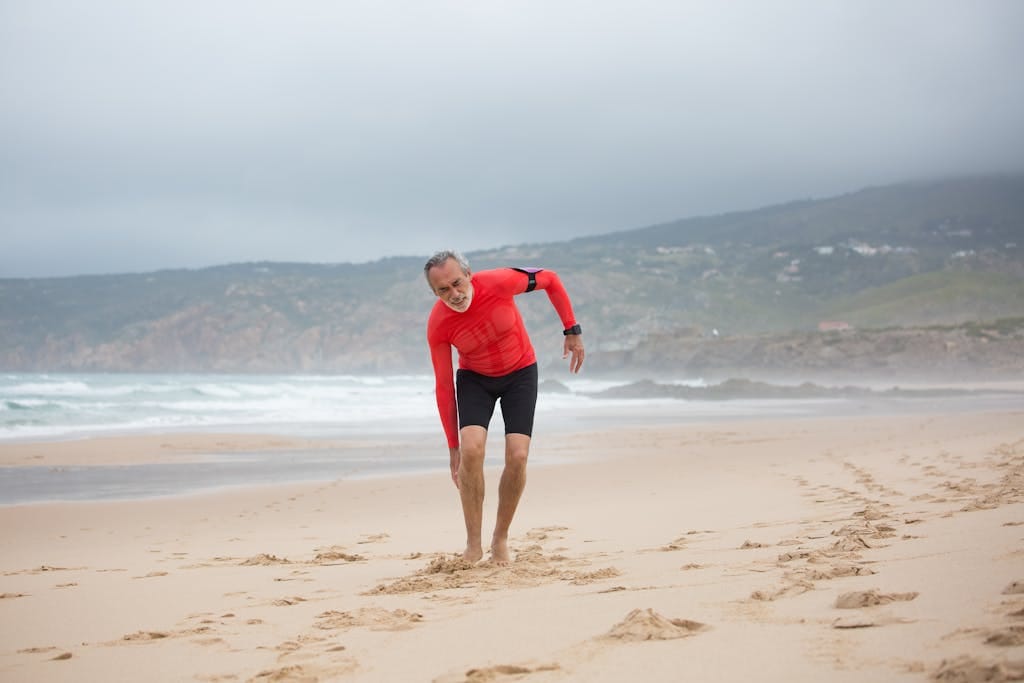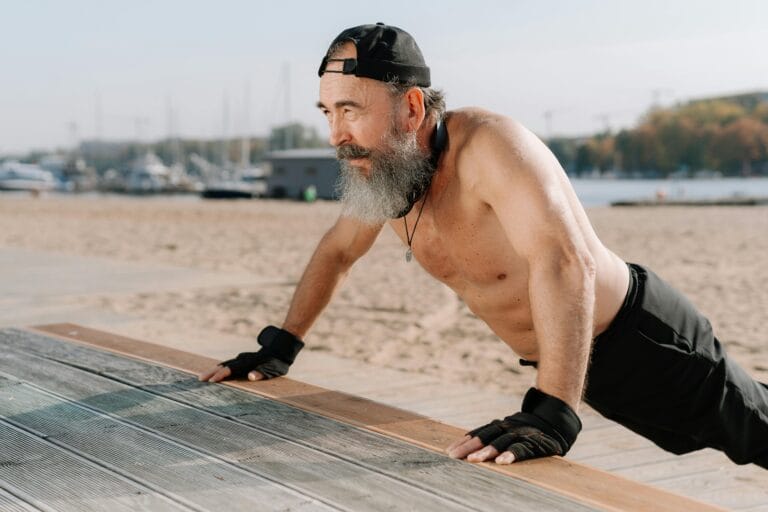FREE SHIPPING OVER $50
Weak Bones? 7 Science-Backed Tips to Boost Bone Density (No Meds Needed)
Maintaining strong, healthy bones is essential for living a long and active life. However, as we age, our bone density naturally declines, making us more susceptible to fractures and conditions like osteoporosis. The good news is that you can boost your bone density without relying on medications. In this article, we explore seven science-backed lifestyle tips that can help strengthen your bones naturally. Whether you’re looking to prevent bone loss or improve your current bone health, these strategies offer practical ways to enhance your skeletal strength and overall longevity.
Introduction to Bone Health and Natural Strategies

Bone density refers to the amount of bone mineral in bone tissue, a critical factor in determining bone strength. With age, bone loss is inevitable, but that doesn’t mean you have to accept weak bones as your fate. Lifestyle modifications, particularly in diet and exercise, have been proven to enhance bone density and reduce the risk of fractures.
Traditional treatments often rely on medications such as bisphosphonates to slow bone loss, but these can come with side effects. Instead, many experts now recommend adopting natural strategies that not only boost bone health but also improve overall wellness. A combination of proper nutrition, regular weight-bearing exercise, and smart lifestyle choices can help stimulate bone formation and slow down bone resorption.
7 Science-Backed Tips to Boost Bone Density Naturally
Below are seven essential tips that can help enhance your bone density.
1. Load Up on Calcium-Rich Foods
Calcium is the cornerstone of bone health. Incorporate dairy products, leafy greens, fortified plant-based milks, and fish with edible bones into your diet. Adequate calcium intake supports bone mineralization, helping your body build and maintain strong bones. Aim for at least 1,000 mg of calcium daily (or more if recommended by your healthcare provider).
2. Get Enough Vitamin D
Vitamin D is essential for absorbing calcium effectively. Sun exposure is a natural source, but you can also include foods like fatty fish, egg yolks, and fortified products in your diet. Supplements can be considered if you live in areas with limited sunlight. Ensure you have your vitamin D levels checked regularly to maintain optimal bone health.
3. Engage in Weight-Bearing Exercise
Regular weight-bearing exercises such as walking, jogging, and dancing stimulate bone formation by putting stress on the bones. This stress prompts the body to build stronger bone tissue. Even simple activities like gardening or taking the stairs can contribute to increased bone density over time. Consistency is key; aim for at least 30 minutes of weight-bearing exercise most days of the week.
4. Incorporate Resistance Training
Resistance training using body weight, dumbbells, or resistance bands is highly effective in increasing bone density. Exercises such as squats, lunges, and push-ups not only build muscle but also apply the necessary force on bones to promote strengthening. Resistance training also improves balance and coordination, reducing the risk of falls and fractures.
5. Eat a Balanced Diet with Essential Nutrients
Beyond calcium and vitamin D, other nutrients like magnesium, vitamin K, and omega-3 fatty acids play a crucial role in bone health. Magnesium helps convert vitamin D into its active form, while vitamin K is important for bone protein formation. Omega-3s reduce inflammation, which can otherwise lead to bone loss. A diet rich in fruits, vegetables, nuts, and whole grains provides these essential nutrients.
6. Limit Caffeine and Alcohol Intake
Excessive caffeine and alcohol can interfere with calcium absorption and contribute to bone loss. Limiting your intake of coffee, soda, and alcohol can help maintain bone density. If you consume these beverages, try to do so in moderation and pair them with calcium-rich foods to offset any potential negative effects.
7. Practice Stress Management and Get Adequate Sleep
Chronic stress and lack of sleep can negatively affect bone health by increasing cortisol levels, which may lead to bone resorption. Incorporate stress-reducing practices such as meditation, yoga, or even a leisurely walk in nature into your routine. Aim for 7-9 hours of quality sleep per night to allow your body to repair and regenerate, which is essential for maintaining strong bones.
Additional Lifestyle Considerations for Longevity
While the above tips are specifically targeted at improving bone density, a holistic approach to longevity can further support your overall health and well-being. Here are some additional strategies to consider:
- Maintain a Healthy Weight:
Carrying extra weight can put additional stress on your bones and joints, while being underweight may lead to bone loss. Strive for a balanced weight through a combination of proper nutrition and regular physical activity. - Avoid Smoking:
Smoking has been linked to decreased bone density and an increased risk of fractures. Quitting smoking is one of the best actions you can take for your overall health and longevity. - Regular Health Check-Ups:
Routine screenings and check-ups help monitor your bone health and catch potential issues early. Your doctor can recommend specific tests, such as bone density scans, to assess your progress and guide your health decisions. - Stay Socially Active:
Social interactions and community engagement have been shown to positively influence overall well-being and may even contribute to healthier aging. A supportive social network can motivate you to maintain a healthy lifestyle, including those habits that benefit your bones.
Conclusion
Maintaining strong bones is a critical component of a long, healthy, and active life. While aging naturally brings about changes in bone density, the strategies outlined in this article provide science-backed, practical ways to combat bone loss without relying on medications. By focusing on key areas such as nutrition, exercise, and lifestyle adjustments, you can significantly boost your bone density and reduce the risk of fractures and osteoporosis.
Related Articles
- New Study Reveals: This Common Fridge Item Can Lower Osteoporosis Risk
- 5 Exercises That Fix Posture Better Than a Chiropractor (No Equipment!)
- Doctors Agree: This Is the Best Exercise to Fight Aging and Stay Youthful
- Want a Younger Brain? Science Says This Workout Combo Beats Crosswords
- How This 60-Year-Old Defied Aging and Feels 30 Every Day







